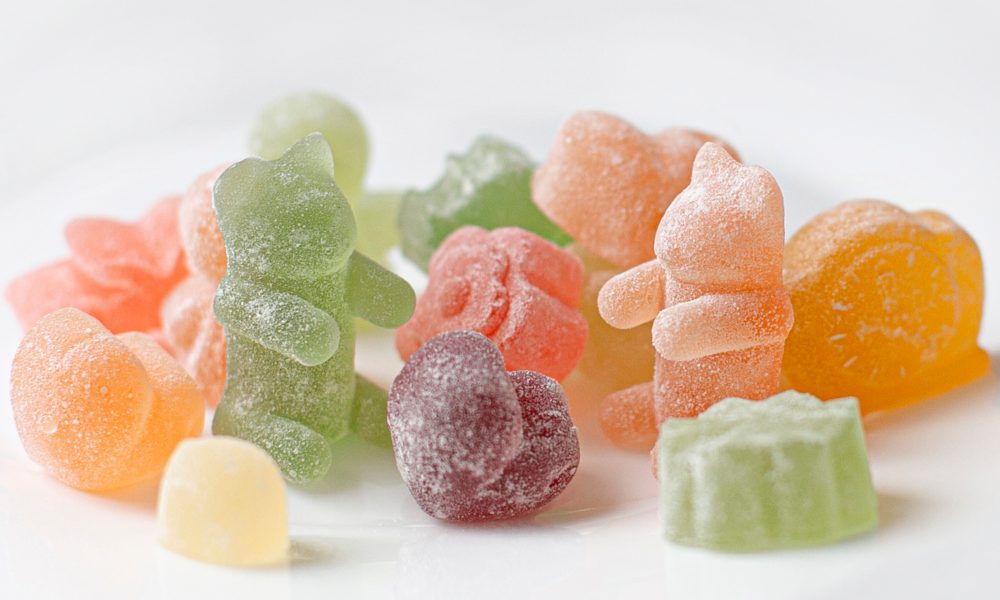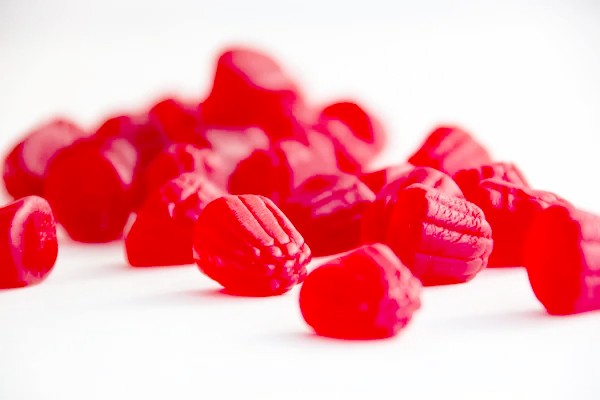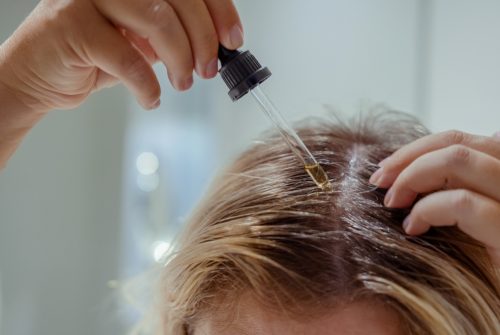
Edibles contain psilocybin, a naturally occurring psychedelic compound found in over 200 species of mushrooms. When consumed, psilocybin is converted to psilocin in the body, producing altered states of consciousness, changes in perception, and potential therapeutic effects. Magic mushroom gummies offer a more palatable and precisely dosed alternative to consuming dried mushrooms. They come in various flavors and strengths, making them appealing to those the taste of raw mushrooms put off.
Rise of psychedelics in sports
The use of psychedelics in sports isn’t entirely new. Some athletes have long experimented with substances like LSD or peyote, often in pursuit of enhanced focus or altered mental states during training—however, the interest in magic mushroom gummies for recovery causes a shift in how these substances are used. Seeking performance enhancement during competition, many athletes are turning to psilocybin as part of their recovery routine—this change in approach is a broader societal shift towards exploring the therapeutic benefits of psychedelics.
Potential benefits for athletic recovery
So why are athletes using magic mushroom gummies for recovery? While research is still in its early stages, proponents cite several benefits.
- Reduced inflammation- Some early studies suggest anti-inflammatory properties. For athletes dealing with the physical stress of intense training, this could speed up recovery times.
- Pain management- Psilocybin’s ability to alter perception may help athletes manage chronic pain or discomfort associated with injuries or overtraining.
- Mental recovery- The psychological demands of high-level athletics are intense. Some athletes report that controlled, low-dose use of psilocybin helps them process stress, anxiety, and pressure more effectively.
- Enhanced body awareness– Many users of psychedelics report increased bodily awareness. For athletes, this could translate to better recognition of physical cues related to recovery needs or injuries.
- Improved sleep- Quality sleep is crucial for athletic recovery. Some users report that psilocybin use regulates their sleep patterns, leading to more nights.
- Neuroplasticity: Research suggests that psilocybin may promote neuroplasticity – the brain’s to form new neural connections. This could aid in skill acquisition and motor learning.

Science behind psilocybin and recovery
While anecdotal reports from athletes are intriguing, it’s important to note that scientific research on psilocybin’s effects on athletic recovery is still limited. However, broader research into psilocybin’s effects on the body-mind offers some insights:
- A 2020 study published in JAMA Psychiatry found that psilocybin-assisted therapy produced rapid and large reductions in depressive symptoms. For athletes dealing with the mental strain of competition and training, this could.
- Research published in the Journal of Psychopharmacology in 2016 suggested that psilocybin use was associated with increased openness and other positive personality changes. This could help athletes in their training and recovery with fresh perspectives.
- A 2018 study in the journal Neuropharmacology indicated that psilocybin promotes structural and functional neural plasticity. This could have implications for learning and adapting to new training regimens.
As research into psilocybin’s therapeutic applications continues, insights into its athletic recovery are likely. Some speculate that we might see the development of sports-specific psilocybin protocols or even the emergence of psilocybin-assisted therapy tailored for athletes. However, for now, the use of magic mushroom gummies for recovery remains controversial and largely underground. Many sports organizations and governing bodies continue to use psilocybin as a prohibited substance.






